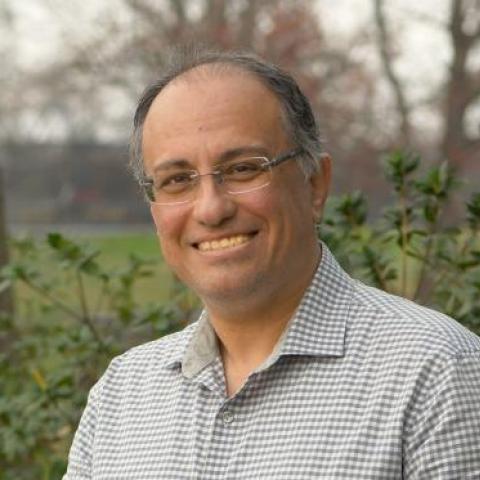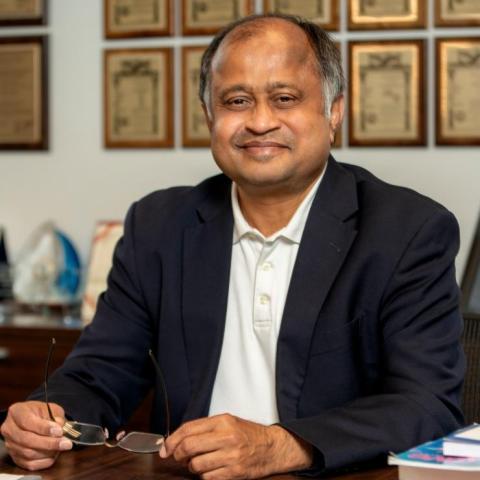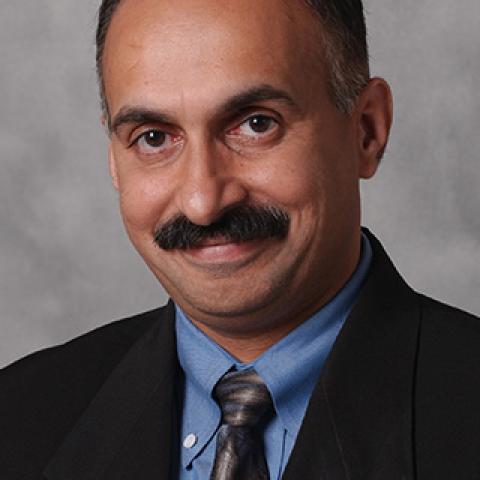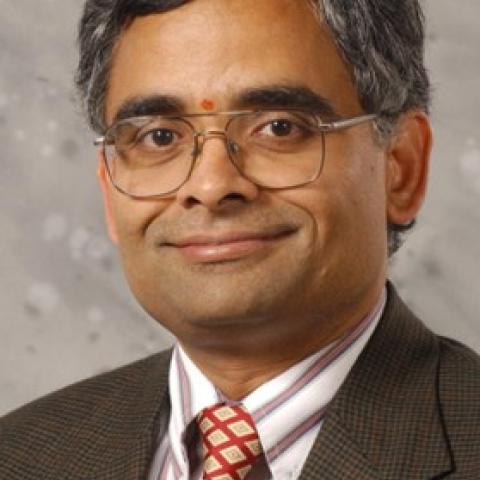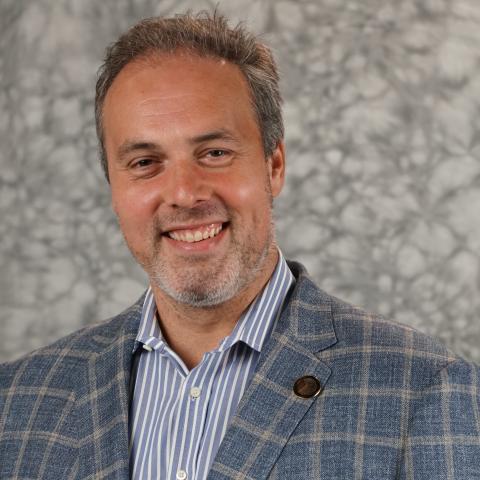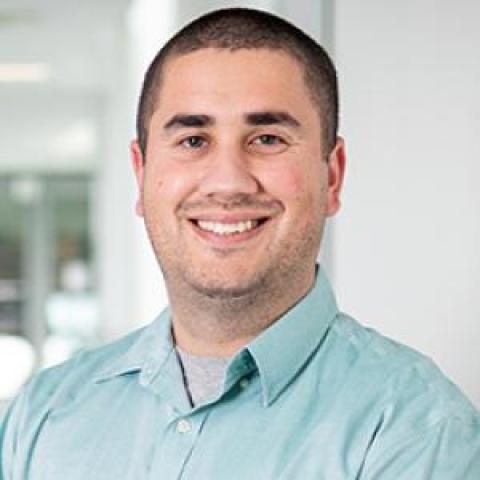W. Hong Yeo
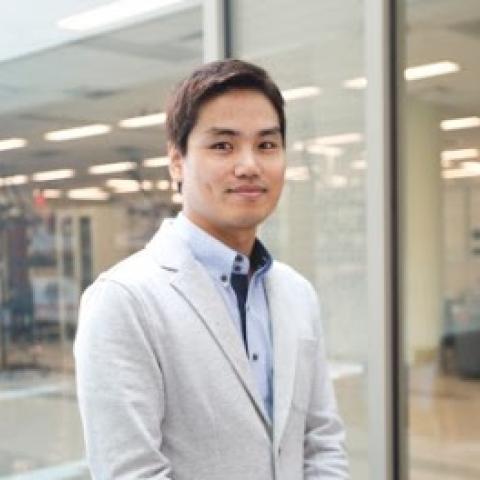
W. Hong Yeo is a TEDx alumnus and biomechanical engineer. Since 2017, Yeo is a professor of the George W. Woodruff School of Mechanical Engineering and Program Faculty in Bioengineering at the Georgia Institute of Technology. Before joining Georgia Tech, he has worked at Virginia Commonwealth University Medicine and Engineering as an assistant professor from 2014-2016. Yeo received his BS in mechanical engineering from INHA University, South Korea in 2003 and he received his Ph.D. in mechanical engineering and genome sciences at the University of Washington, Seattle in 2011. From 2011-2013, he worked as a postdoctoral research fellow at the Beckman Institute and Frederick Seitz Materials Research Laboratory at the University of Illinois at Urbana-Champaign. His research focuses on the fundamental and applied aspects of nanomechanics, biomolecular interactions, soft materials, and nano-microfabrication for nanoparticle biosensing and unusual electronic system development, with an emphasis on bio-interfaced translational nanoengineering. is an Editorial Board Member of Scientific Reports (Nature Publishing Group) and Scientific Pages of Bioengineering, and Review Editor of Frontiers of Materials (Frontiers Publishing Group). He serves as a technical committee member for IEEE Electronic Components and Technology Conference and Korea Technology Advisory Group at Korea Institute for Advancement of Technology. He has published more than 40 peer-reviewed journal articles, and has three issued and more than five pending patents. His research has been funded by MEDARVA Foundation, Thomas F. and Kate Miller Jeffress Memorial Trust, CooperVision, Inc., Korea Institute of Materials Science, Commonwealth Research Commercialization, and State Council of Virginia. Yeo is a recipient of a number of awards, including BMES Innovation and Career Development Award, Virginia Commercialization Award, Blavatnik Award Nominee, NSF Summer Institute Fellowship, Notable Korean Scientist Awards, and Best Paper/Poster Awards at ASME conferences.
Human-machine interface; hybrid materials; bio-MEMS; Soft robotics. Flexible Electronics; Human-machine interface; hybrid materials; Electronic Systems, Devices, Components, & Packaging; bio-MEMS; Soft robotics. Yeo's research in the field of biomedical science and bioengineering focuses on the fundamental and applied aspects of biomolecular interactions, soft materials, and nano-microfabrication for the development of nano-biosensors and soft bioelectronics.
- Computing and Communication Technologies
- Human-Centric Technologies
